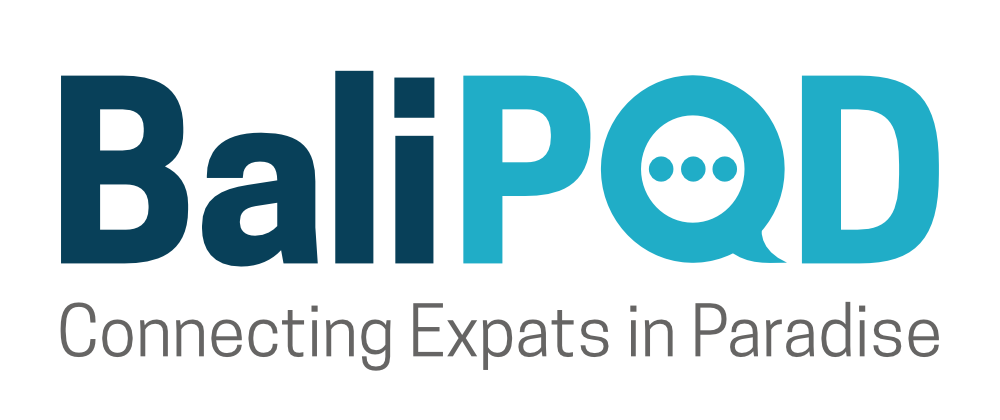In a written statement on Wednesday (30/10/24,) Indonesia’s Minister of Environment, Hanif Faisol Nurofiq, questioned the volume of Jakarta’s food waste at the Bantargebang Integrated Waste Treatment Site in Bekasi City, West Java, saying that out of a total of 7 to 8,000 tons of waste per day that ends up at the site, half is food waste, according to reporting from Tempo.
Hanif inspected the waste management at the Bantargebang Integrated Waste Treatment Site last week. He also observed the work process of the startup company Magalarva in Gunung Sindur, Bogor. This entity is considered successful in developing organic waste processing utilizing larvae or maggots.
Tempo reports that to map out waste management issues, Hanif also visited the Jakarta Recycle Center (JRC) waste processing facility in Pesanggrahan District, South Jakarta, on October 30th. This place is also the center of the Jakarta Waste Awareness education, emphasizing household waste separation. According to Hanif, JRC can separate organic and non-organic waste, which are then moved to material storage rooms for recycling.
During the inspection, he mentioned that waste issues could be addressed by developing waste banks at the neighborhood (RT) or community (RW) levels. This processing unit filters the contents of the waste bank and then distributes the waste according to its category. Before reaching the Bantargebang Integrated Waste Treatment Site, the public can separate waste for recycling, plastic, and paper. Food waste can be composted, says Tempo.
“Seriousness is needed to follow the process flow of waste. Where it starts and where it ends,” said Hanif.
Source: Tempo
Stock image by Pete Linforth from Pixabay
The post Minister Calls for Action on Daily Food Waste appeared first on Expat Indonesia.


